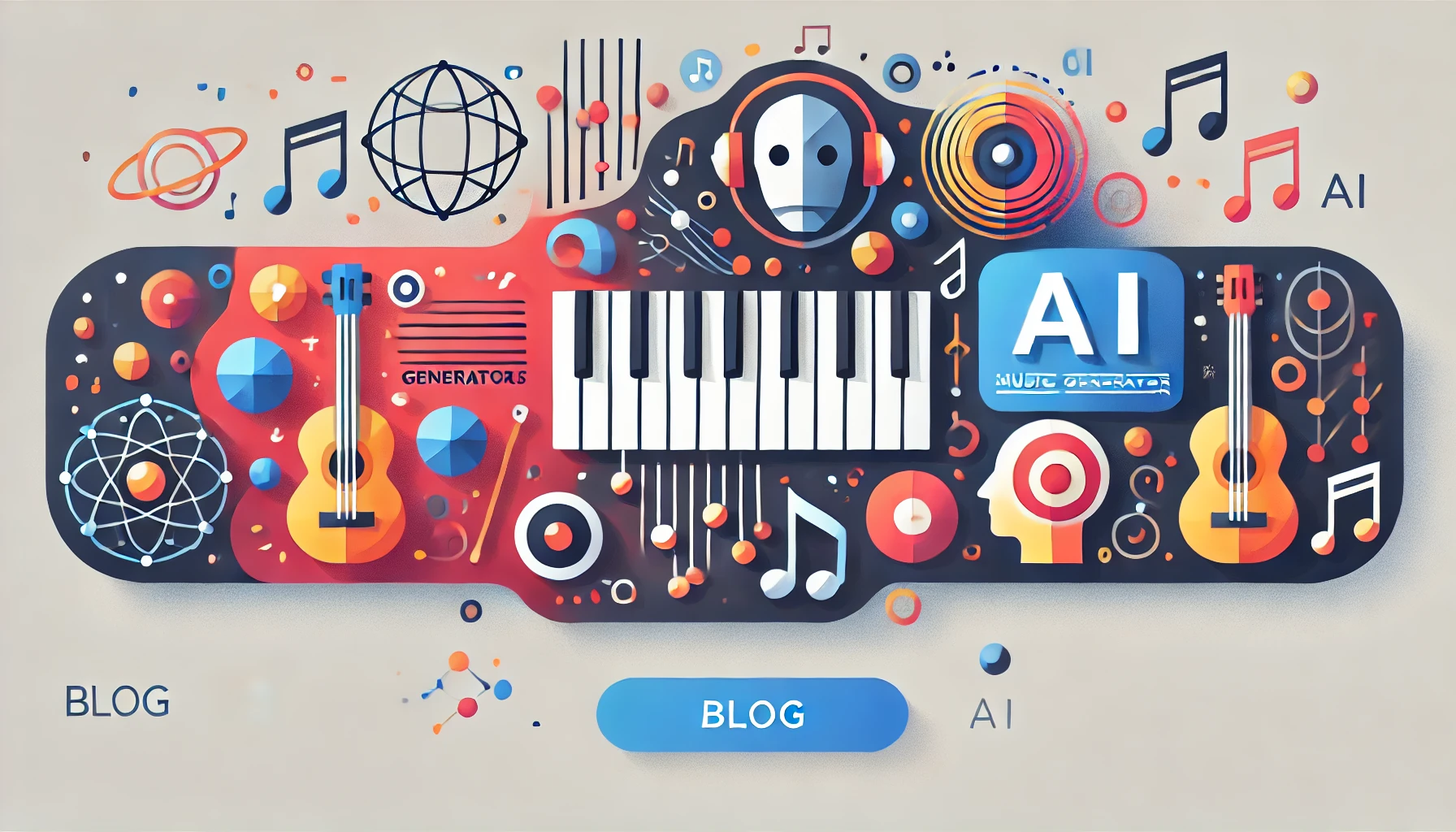Artificial Intelligence has revolutionized various industries, and music creation is no exception. AI music generators are sophisticated systems that can compose, produce, and even perform music autonomously. These tools use complex algorithms and machine learning techniques to analyze existing music, understand patterns, and create new, original compositions.
Basic Principles of AI Audio Generation
AI music generators typically work on the following principles:
- Data collection and preprocessing
- Model training
- Music generation
- Post-processing and refinement
Let’s break down these steps:
- Data collection: AI models are trained on vast databases of existing music.
- Preprocessing: The music is converted into a format the AI can understand, such as MIDI or spectrograms.
- Model training: The AI learns patterns, structures, and rules of music composition.
- Generation: The trained model creates new musical sequences based on learned patterns.
- Post-processing: The generated music is refined and converted back into audio format.
Popular AI Music Generators
Several AI music generators have gained popularity in recent years. Here’s a table comparing some of the most well-known ones:
| AI Music Generator | Key Features | Target Audience |
|---|---|---|
| AIVA | Composing for film, games, and ads | Professionals |
| Amper Music | Custom music creation | Content creators |
| Boomy | User-friendly interface | Beginners |
| Jukebox (OpenAI) | Raw audio generation | Researchers |
| StableAudio | High-quality audio synthesis | Developers, musicians |
StableAudio, in particular, has gained attention for its ability to generate high-quality, coherent audio samples across various musical genres and styles.
Here’s a chart showing the relative popularity of these AI music generators based on search interest:
Note: As an AI language model, I cannot generate actual images or charts. In a real blog post, you would insert a bar chart or line graph here showing the relative popularity or usage statistics of the mentioned AI music generators.
Conclusion
AI music generators are transforming the landscape of music creation, offering new tools for both professionals and amateurs. As these technologies continue to evolve, we can expect even more sophisticated and creative musical outputs. However, it’s important to remember that while AI can be a powerful tool, human creativity and emotion will always play a crucial role in the art of music-making.
The future of music may well be a harmonious collaboration between human artists and AI, opening up new realms of musical exploration and creativity.
Read related articles:

